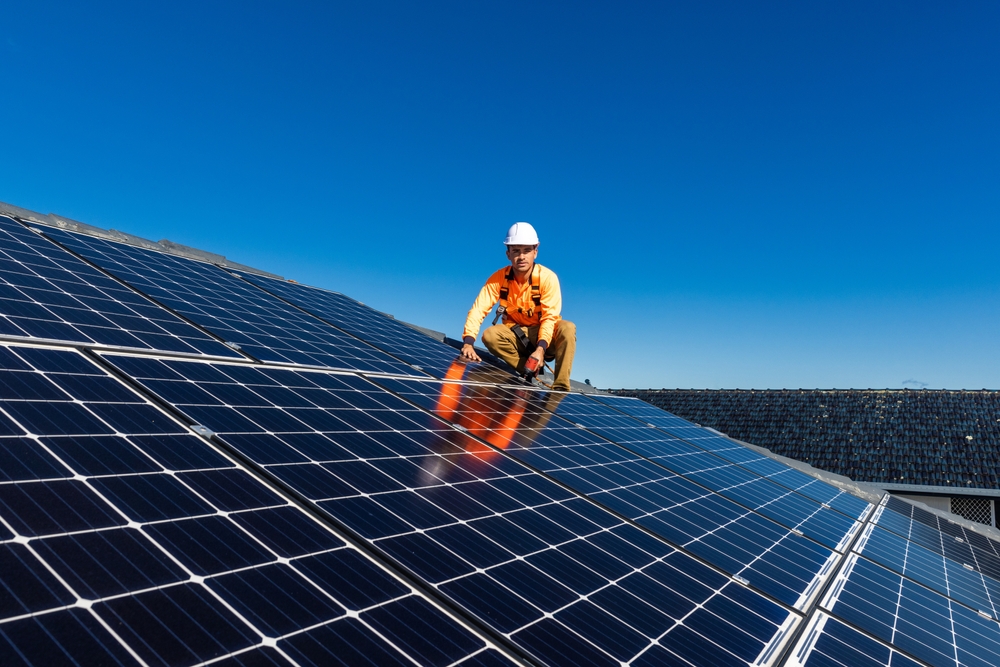
This blog was originally published by the Energy Demand Research Centre (EDRC), and is based on a recent Policy Brief by UKERC and EDRC.
Geopolitical and domestic energy insecurity are currently high on the list of concerns for both governments and citizens. Volatility, geopolitical conflict, and resource competition for energy materials are putting pressure on governments, while high energy bills and cost of living are straining households. At the same time, deadlines for low carbon transitions loom large. The end result is a renewed focus on energy security.
When we talk about energy security, we almost always focus on energy supply. Yet, energy security is fundamentally about meeting demand for energy. Except during crises, we rarely consider options on the demand side, which is a gap that a new policy brief seeks to address.
In the policy brief, we recommend redefining energy security as balancing energy demand with supply in ways that are reliable, affordable, and sustainable for consumers.
We argue that the cheapest, most secure energy is that which we don’t need in the first place. This also means less money needed to build out the energy system as we transition to renewables, less exposure to volatile international markets, and better value for citizens.
Paying attention to the demand side of the energy security equation opens up a whole range of options for ensuring energy security – often with significant benefits for other government missions and citizen priorities.
Energy demand options include measures like shifting technologies from boilers and combustion engines to heat pumps and electric vehicles. This increases efficiencies, uses more clean GB energy, and reduces the need for imported gas.
Other measures include reducing demand by better enabling people to get out of cars and onto improved public transportation or cycling, or by insulating homes. These options permanently reduce energy demand and make it cheaper and easier to have a secure system.
Distributed energy maximises the potential of local generation and storage. When citizens are supported in investing in rooftop or balcony solar and batteries, it increases domestic security, helps lower bills and reduces the significant losses that happen when electricity needs to be transported long distances.
More distributed energy also supports demand-side response options. These use technologies and energy behaviours to flex who uses energy when. This can mean that we need less energy overall. Importantly, it also means that we need less energy at times when it is most scarce and most expensive – a critical consideration for energy security.
Supporting more circular economies is another demand-side option. While using fossil fuel energy makes us continuously dependent on volatile international markets and imports, recycling critical minerals and materials from renewables will mean that we have more of the materials we need for a secure energy system available domestically.
At a time when people are disillusioned by high costs and are demanding action on energy bills – as highlighted in the Reform UK manifesto promises – and as international trade and political relationships unpredictably shift, it’s obvious that we need all possible options for ensuring energy security.
It’s time for a new definition of energy security. This will help us acknowledge the roles of both supply AND demand, make the most of the growing range of demand-side measures, and open up new possibilities for action on security in areas like transportation, housing and circular economies.